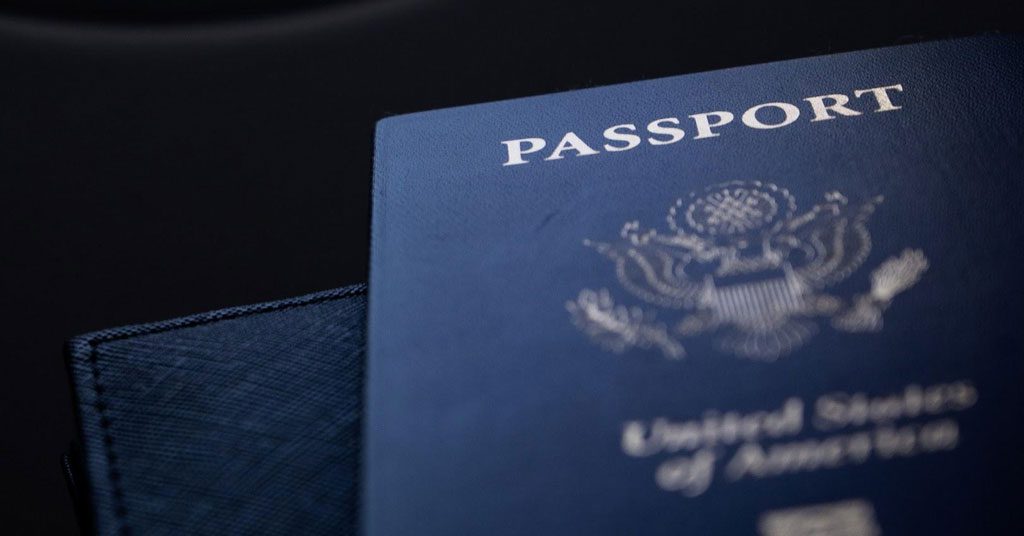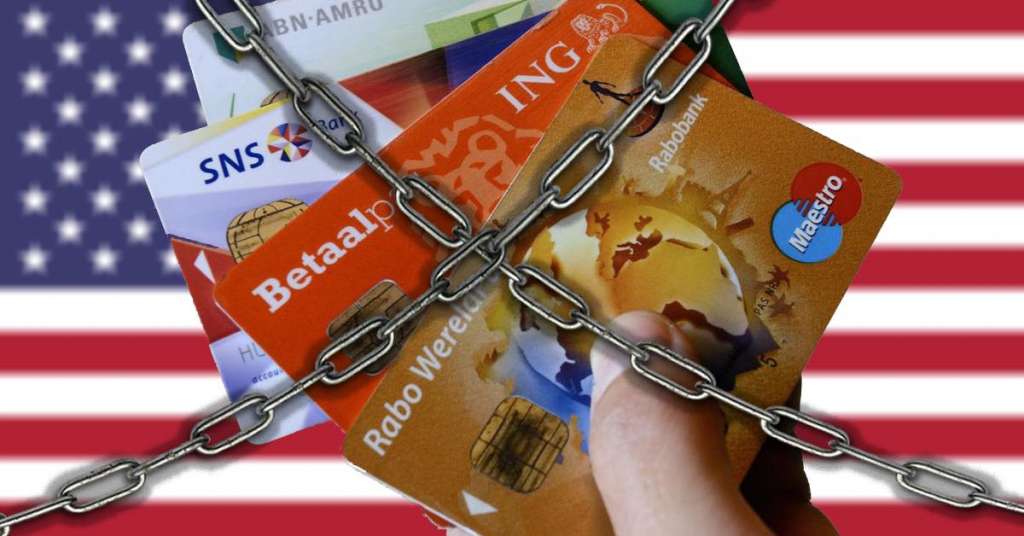
Outcome of FATCA debate: Government puts interests of banks before those of Dutch citizens

The outcome of the debate in the Dutch House of Representatives on FATCA: a lasting solution for accidental Americans is not forthcoming as the government has no influence on American laws.
Follow-up commitments FATCA legislation
On Tuesday, September 28, the House of Representatives met again to discuss the progress of the commitments made during the FATCA general consultations held at the beginning of this year.
Earlier this year, Minister Hoekstra of Finance, also on behalf of the State Secretary of Finance – Taxation and Tax Administration, informed the House of Representatives about the progress of the many commitments on FATCA (Foreign Account Tax Compliance Act) and the enormous problems which Dutch citizens with (also) U.S. nationality experience thanks to the U.S. tax authorities. The content was discussed with, among others, Americans Overseas by the various members of the House of Representatives.
Cabinet has no influence on U.S. legislation
During the follow-up committee debate, questions were asked by Alkaya (SP), Idsinga (VVD), Hammelburg (D66), and Van Dijk (CDA).
Outgoing Finance Minister Hoekstra indicated that, given the many efforts made by the cabinet, he is moderately optimistic about the dossier.
- During a discussion in October this year, Hoekstra proposed to the Dutch banks not to close the bank accounts of Dutch Americans at least until 2022.
- Hoekstra does not see a solution to the problem of not being able to cash American stimulus cheques at Dutch banks. For cashing cheques, he recommends going to Belgian banks.
- It will be examined again whether all groups are in the picture, given the falling number of people affected in the FATCA report.
- State Secretary for Finance Vijlbrief will check whether the information about FATCA is up to date and easy to find on overheid.nl
- The State Secretary will raise with the U.S. government the high cost of CLN procedures and compliance obligations. He will also suggest to the U.S. that if banks cannot provide a TIN (tax identification number), they will stay out of the wind if they do provide name and address information.
The Secretary of State states that the government is moving to action at all levels. However, the core of the problem, he said, lies with the US and its tax laws: there is little the Dutch government can do about it.
Hoekstra sails on the compass of the banks
Idsinga doubts the accuracy of the FATCA report. Talking to interest groups, those involved in the Netherlands, and the CBS figures, Idsinga suspects that we should not be talking about some 95 people affected but rather 40 to 50 thousand.
Hoekstra does not want to investigate this and is sailing on the compass of the banks with possible major financial consequences for the victims but also for the banks and financial institutions if it turns out that the target group has not been properly mapped out.
US Persons are still out in the cold and at risk of freezing
Secretary of State Vijlbrief outlines it clearly: “There is no music in changing tax rules from the U.S. government.”
The only thing, he argues, that he is looking for now is clarity for the banks and financial institutions. What exactly is the effort obligation and can the bank also meet this obligation without that difficult SSN (Social Security Number) but with the other data of the customer?
A statement with many risks; passing on data without an SSN can mean that the customer is not aware that his data is being passed on to the IRS, putting him at risk if he has not yet filed a tax return.
Still, many people are unaware of U.S. citizenship and the payment obligation that can come with it. If the bank shares data even without an SSN, the consumer is in for a chilling surprise.
In short, a lasting solution for Dutch accidental Americans remains out of reach as the government does not influence U.S. laws.
Learn more about the implications of FATCA for US persons
Americans Overseas informs local and European parliaments about the effects and problems European citizens have with these (recently) enforced laws.
We started this initiative to help people from all over the world by providing proper information to avoid unnecessary panic and offering help free of obligation and free of charge. If needed, we have a network of affordable professionals (accountants) who can help you with your tax obligations.
If you have more questions about the consequences of FATCA for US persons, you can contact us at Americans Overseas.
Contact us for more information
Source: Tweede Kamer
.
Frequently asked questions
Understanding the US tax system, the obligations, and all the additional terms can be difficult. Especially if one lives outside of America. Is your question not answered? Contact us.
-
Who is required to file taxes in the US?
U.S. citizens and resident aliens who live abroad are generally required to file a federal income tax return and pay taxes on their worldwide income.
Read more... about Who is required to file taxes in the US? -
Do US citizens living abroad still have to file taxes in the US?
Yes, US citizens are required to file taxes on their worldwide income, regardless of where they are living.
Read more... about Do US citizens living abroad still have to file taxes in the US? -
How can I cash my US check?
Received an American check? You can cash your check in the following ways: cash the check at your own bank, transfer to another person (endorsement), cash checks using an online service or cash the check by another bank.
Read more... about How can I cash my US check? -
Are there any special tax forms required for US citizens living abroad?
US citizens living abroad may be required to file Form 2555 and/or Form 1116 to claim the foreign-earned income exclusion.
Read more... about Are there any special tax forms required for US citizens living abroad? -
What is FBAR filing?
FBAR (Foreign Bank Account Report) filing is the requirement for certain U.S. individuals and entities to report their foreign financial accounts to the Financial Crimes Enforcement Network (FinCEN) of the U.S. Department of Treasury. The FBAR filing requirement applies to U.S. persons who have a financial interest in, or signature authority over, one or more foreign financial accounts if the aggregate value of those accounts exceeds $10,000 at any time during the calendar year.
Read more... about What is FBAR filing?





